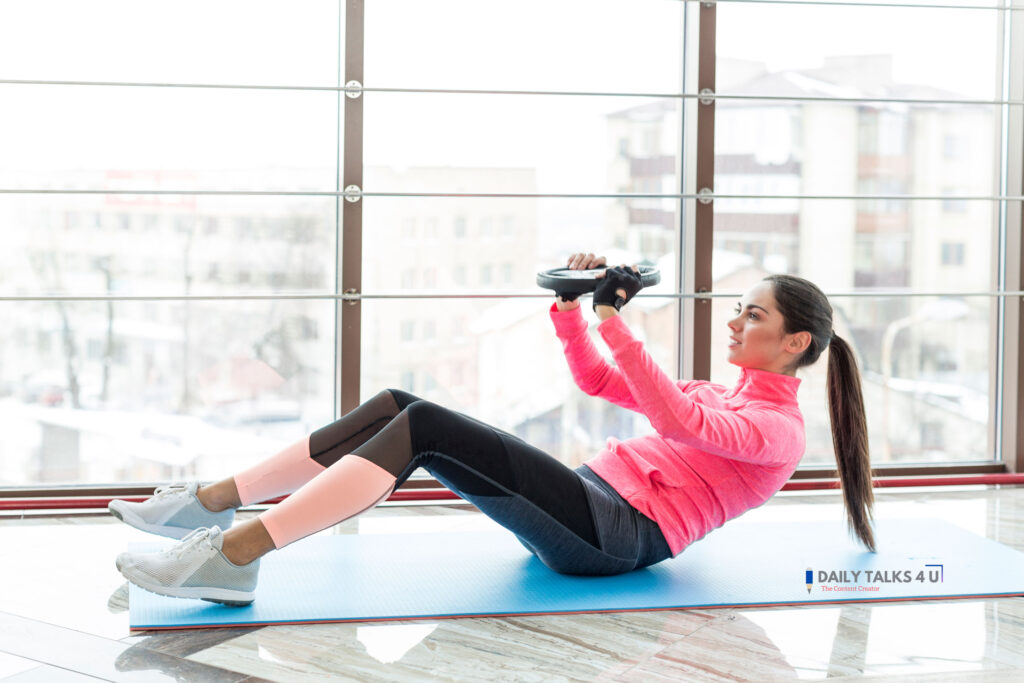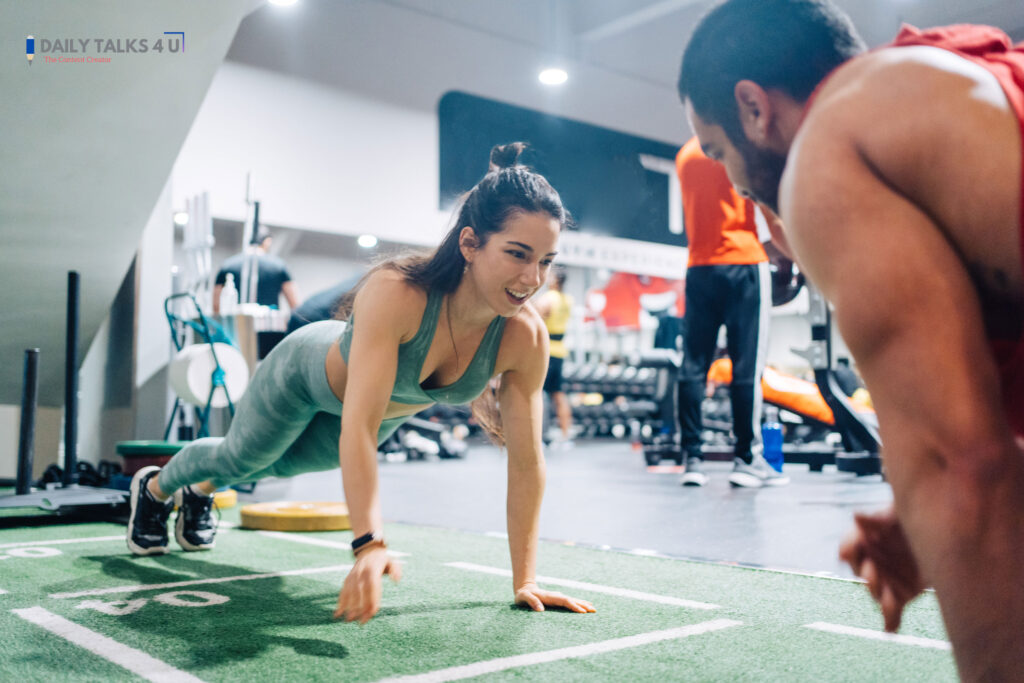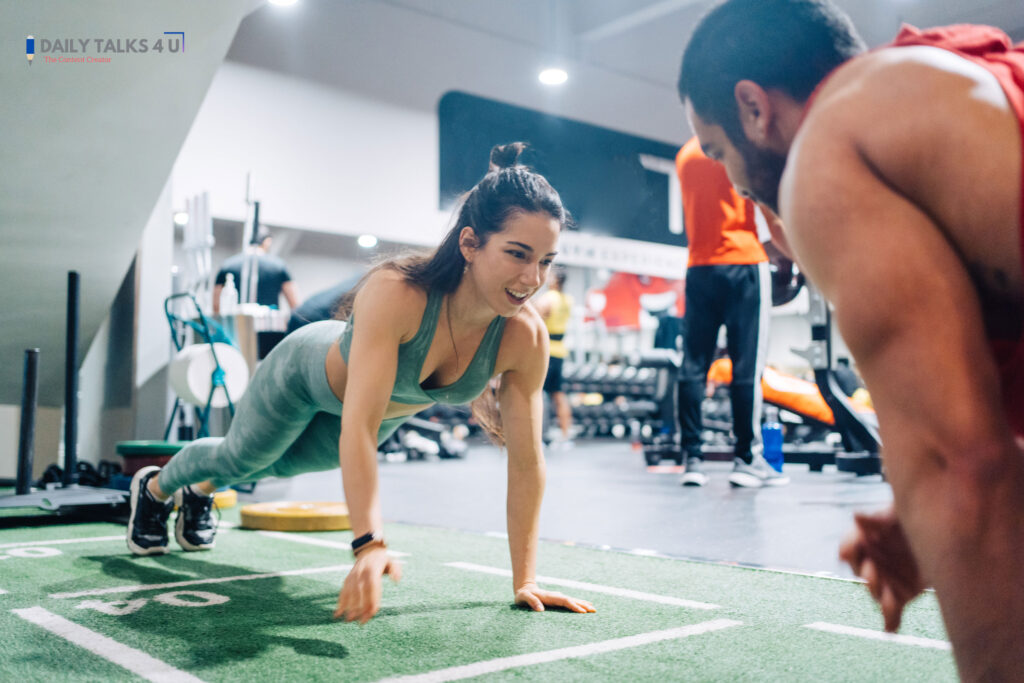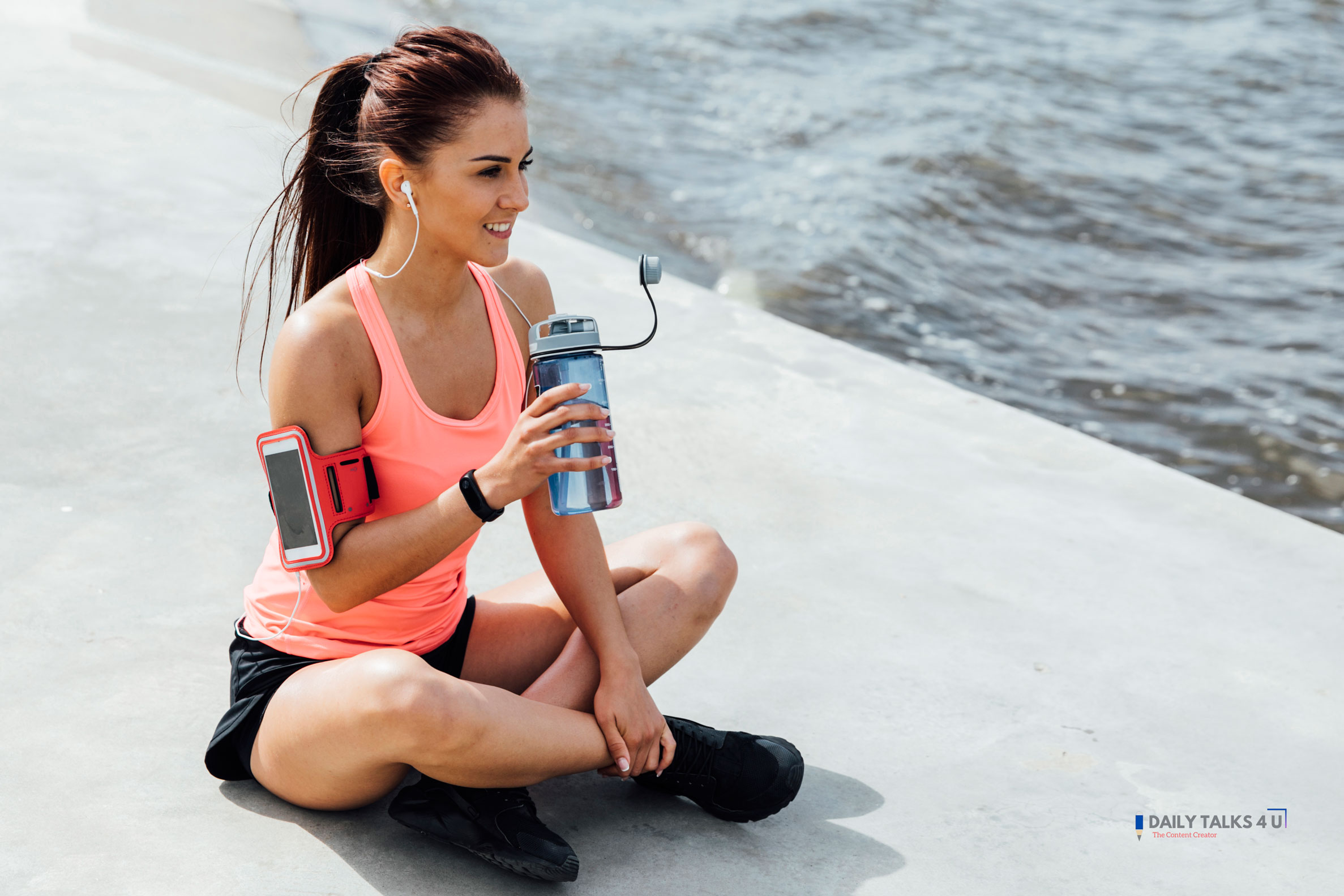How to stay healthy when you don’t have time to work out
Is our schedule so hectic that we don’t have time for many essential aspects of life? Indeed,
workplaces are requiring increasing hours of work every day. When some people go back to
work or school and there is some structure, it could seem like your only option to get back into
a routine. However, maintaining a healthy lifestyle doesn’t have to be hard or time-consuming.
Here are some strategies for finding time to exercise even when you have a lot on your plate.
How to build fitness into daily

If you’re trying to find your own routine, think about incorporating movement into your
personal timetable. Including a “commute” in your daily schedule is one suggestion. After
finishing breakfast and getting ready for the day, get ready (yes, even if it’s freezing, wear some
cold- weather clothing) and leave the house for a fifteen-minute stroll. Use the same strategy to
establish a clear boundary (and some movement) between work and home at the end of the
day.
Take short breaks throughout the day. Get up and move for 10-15 minutes in between
meetings or before a meal. If you can get outside and take a little walk about your
neighborhood, that is fantastic. The sunshine and fresh air are also beneficial to the soul.
Alternatively, consider doing a few bodyweight movements throughout the day, which we’ll
term “movement snacks.” Just like you would eat snacks at regular intervals throughout the
day, take 5-10 minutes for little activity breaks—or micro exercises.
10 bodyweight squats
10 push-ups (adjust as needed with your hands on something stable and raised).
10 sun salutations
10 cat and cow stretches
10 runs stretch on each leg
Begin your day properly
An excellent approach to start the day is with yoga.
Yoga improves flexibility, balance, and strength. Deep breathing and gentle movements help
your muscles warm up and increase blood flow, even though holding a position can help you
get stronger.
Keep yourself hydrated
Staying hydrated is important for overall health because it improves performance, reduces
muscular soreness, aids digestion, and prevents fatigue and exhaustion. Electrolytes are also
important for sustaining fitness. Hydration levels in the body have been linked to a variety of
health issues. Energy-boosting fizzy drinks that include no added sugar may deliver immediate,
efficient hydration and energy.

Exercise
Getting your body moving is one of the best things you can do to begin started on your path to
health and fitness. When exercising, you might want to be careful with yourself. The ultimate
goal is to live a healthy and active lifestyle, so start with some light exercises. If you don’t have
time to go to the gym, yoga, or Zumba class, you can do simple at-home workouts like planks,
squats, lunges, and so on. Cardio exercises are also effective. Begin by walking the stairs, or
consider going for a morning or evening jog. Walk at least half an hour and exercise every day.
Maintain a balanced diet
If you are concerned about your mental or physical health, there may be a simple solution:
make conscious efforts to develop excellent eating habits that include a balanced diet, a variety
of fruits and vegetables, and nutrient-dense meals from other food groups.
You don’t reduce the risk of real diseases and somewhats, but you can also improve your health
and improve your appearance.
However, some food added to urine disease, such as honey, orange juice and eggs. Therefore,
select your food and prevent food or reduce drinks or foods can be fat.
Walk throughout your lunch break
Take a walk during your lunch break. Even 15 minutes a day can help your physical and
emotional wellness.
Take a deep breath
When you’re nervous or concerned, just taking one deep breath can make a big difference.
Deep breathing exercises decrease blood pressure, relax the mind, and strengthen your lungs.
Sit down conveniently, with your shoulders relaxed. If closing your eyes helps you relax, do so.
Take a slow breath in through your nose, expanding your belly. Slowly exhale to the count of
five. Pause for two seconds, then inhale again. Repeat as often as necessary.

Quit Smoking:
When you don’t have enough time to exercise, smoking is one of the finest strategies to protect
your heart and lungs. It quickly enhances circulation and lung function, allowing you to feel
more energized throughout the day. Quitting smoking strengthens your natural defenses, even
if you don’t exercise. It lowers the risk of chronic diseases such as cancer and heart disease,
which are benefits similar to those obtained from regular physical activity. Even little efforts,
such as substituting deep breathing or stretching for a cigarette break, can help you stop and
improve your overall health.
Practice Good Posture While Working
If you have trouble maintaining correct workplace posture at work, it may be even more
difficult to do so at home. Making minor changes to your desk can help reduce eye strain,
musculoskeletal problems, and mental exhaustion. Adjust your display so that the top of the
screen is at your eye level. Sit with your arms and legs parallel to the floor, and your back
supported. If necessary, add back support with a cushion or folded towel. When your fingers
are on the middle row of the keyboard, your wrists should be straight and relaxed, with your
elbows loose rather than locked. Finally, keep your work environment free of clutter. A clean
desk equals a clean mind.

Step Outside
If you are having incontinence, it is very normal to be apprehensive to leave the house or
participate in social events. While remaining active and involved in the community can help
with incontinence management.
Going out and engaging in social activities may help you manage stress and anxiety better.
Furthermore, getting out and being physically active might help maintain bowel regularity,
which can help lessen incontinence symptoms. Finally, going out can help persons with
incontinence make social contacts and increase social support, which can be especially helpful
for those who feel isolated or insecure.
FAQ’S:
1.Can I stay healthy without going to the gym?
2.What are some quick ways to stay active during a busy day?
3.How important is diet when I can’t exercise regularly?
4.Can short workouts really make a difference?
5.How can I build healthy habits without overhauling my schedule?
6.What are The Top 10 Ways to Stay Healthy?










